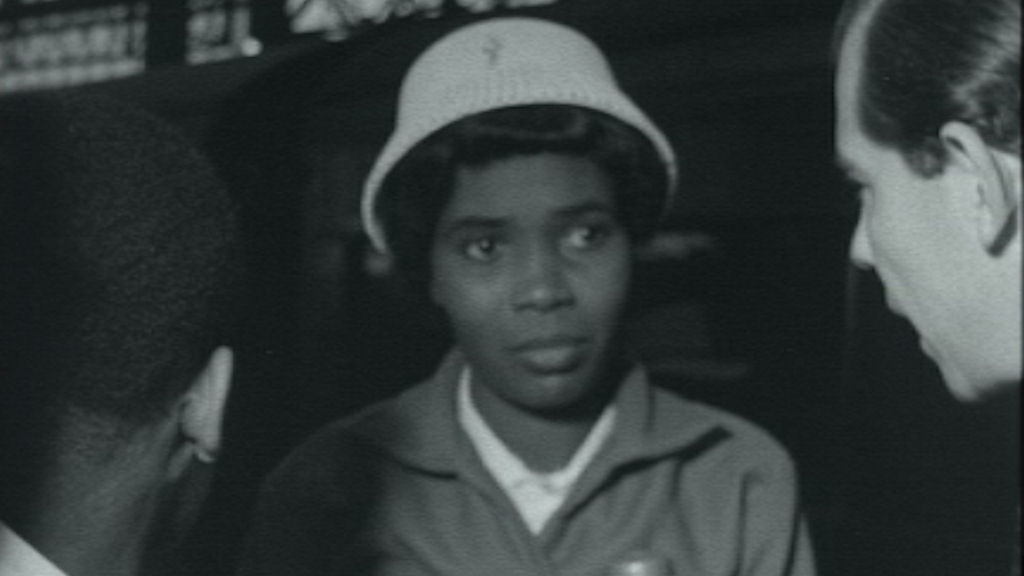Immigration archive: coming and going
ITN reporters in the 1960s quiz newly arrived immigrants on why they have moved to the UK – as well as asking those leaving these shores about their motivation.

The first large-scale influx of immigrants to the UK began in the late 1940s, with the government encouraging mass immigration to the “mother country” from the British Empire and Commonwealth to fill the gaps in the labour market created by six years of war.
In 1948, the ship MV Empire Windrush arrived carrying the first 500 West Indians tempted by the promise of jobs and better living standards. Although they faced hostility from the trade unions, many found employment with British Rail, the NHS or on the public transport system, but they faced problems finding places to live and dealing with often very overt racism from the white majority.
Immigration on the rise
Immigration steadily increased year on year, until the government introduced curbs in the Immigration Act of 1962 and by 1972 only holders of work permits, or people with parents or grandparents born in the UK, could gain entry – effectively stemming most Caribbean immigration.
Between 1955 and 1962, ITN often sent reporters to quiz those arriving in London on their plans. The first video is a compilation of interviews from 1961 by Desmond Grealy (April 1961) and Brian Wildlake (October 1961) carried out at Victoria Station. After a long journey to a foreign country, it is perhaps not a surprise that the travellers were somewhat nonplussed to find a camera crew and a man with a microphone asking their views on immigration and “Have you got a job?” or “Have you got a place to live?”.
Although many immigrants settled in the UK, others took a few years to decide that it was not for them and they went home. In the interests of balance, ITN also sent reporters to find out why on earth someone would want to leave this green and pleasant land. Was it the weather? Or racial prejudice?
In the second video sequence, Elizabeth Kenrick (November 1961) and Adrian Porter (November 1964) were sent to Waterloo Station to grill departing migrants.